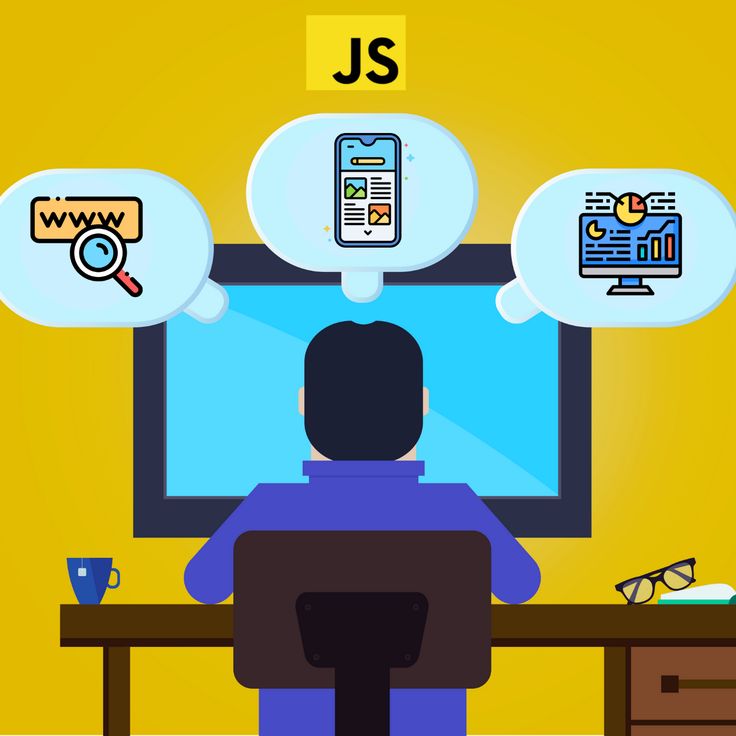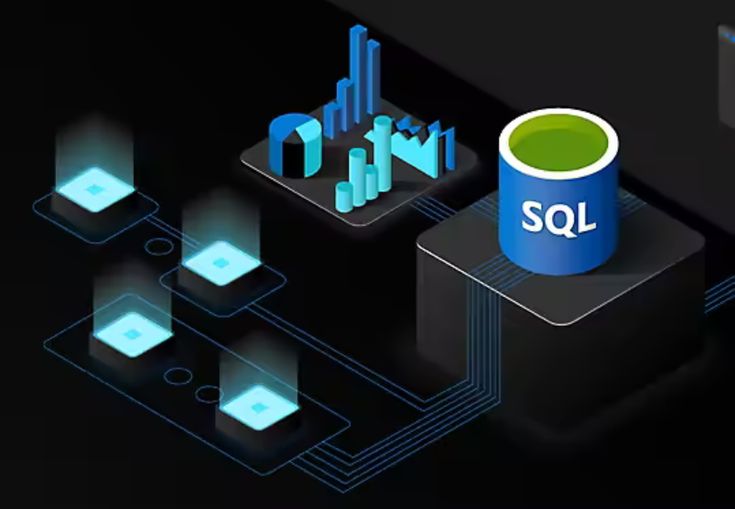Diving into Node js in 2024 is an exciting career with unlimited opportunities for aspiring developers and experienced professionals. With its robust ecosystem and growing demand in the tech industry, academic Node.js provides a gateway to building high-performance and scalable web applications.
Whether you already know JavaScript or are just beginning your journey, Node js proves itself as an accessible framework, providing a seamless transition for front-end developers and an exciting challenge for back-end enthusiasts. It promises experience.
Why Learn Node js?
Node Js has become one of the most popular frameworks for building scalable and efficient web applications. It is built on Chrome’s V8 JavaScript engine, making it fast and efficient for server-side programming. Here’s why you should consider learning Node.js:

Growing Demand:
Many companies are adopting Node.js for their backend development, leading to a high demand for Node.js developers.
JavaScript:
If you already know JavaScript, learning Node js will be easy since it uses the same language for both frontend and backend development.

Large Ecosystem:
Node js has a vast ecosystem of libraries and frameworks, making it flexible and suitable for various types of projects.
Asynchronous Programming:
Node js is non-blocking and event-driven, allowing for efficient handling of multiple requests simultaneously.
Step-by-Step Guide to Learn Node js:
1. Master JavaScript:
Before diving into Node js, make certain you have a solid knowledge of JavaScript fundamentals. Learn approximately variables, statistics kinds, capabilities, arrays, gadgets, lessons, and asynchronous programming concepts like callbacks, guarantees, and async/await.
2. Understand Node.js Basics:
Start by installing Node.js on your machine to learn Nodejs. Next, familiarize yourself with Node.js basics like modules, Node Package Manager (NPM), and the Common JS module framework. Learn how to create a simple server using the built-in http module.
3. Explore Express.js:
Express.Js is a minimalist net framework for Node.Js, which simplifies constructing internet programs and APIs. Learn a way to installation and use Express.Js to create routes, deal with requests, and serve static documents. Understand middleware and the way to combine third party middleware into your Express software.

4. Database Integration:
Learn how to connect Node.js applications to a database like MongoDB, MySQL, or PostgreSQL. Look for ORM (Object-Relational Mapping) libraries like Mongoose (for MongoDB) or Sequelize (for SQL database) to simplify database operations.

5. Asynchronous Programming:
Deepen your understanding of asynchronous programming in Node.js. Learn how to handle asynchronous operations using callbacks, promises, and async/await syntax. Habitually write asynchronous code to retrieve data from APIs, interact with databases, and perform file I/O operations.
6. Authentication and Authorization:
Learn how to use authentication and authorization in Node.js applications. Explore popular authentication methods such as JWT (JSON Web Tokens) and OAuth. Learn how to secure methods and secure sensitive endpoints in your application.
7. Error Handling and Logging:
Understand best practices for error handling and logging in Node.js applications. Learn how to set up debug nicely, write context for debugging purposes, and use centralized error handling middleware.
8. Testing:
Explore testing frameworks like Mocha, Chai, and Jest and write unit tests and integration tests for your Node.js applications. Learn how to run automated tests and use tools like Supertest for API testing. To ensure that your codebase is reliable, aim to create high-quality testing.
9. Deployment:
Learn how to installation Node.Js programs to production environments. Explore deployment alternatives inclusive of cloud systems (e.G., AWS, Azure, Google Cloud), containerization with Docker, and non-stop integration/continuous deployment (CI/CD) pipelines.
10. Continuous Learning:
The Node.js ecosystem is constantly evolving, with new libraries, tools and best practices appearing regularly. Stay relevant by following blogs, attending conferences, participating in online communities (e.g., Reddit, Stack Overflow), and contributing to open source projects.
Resources for Learning Node.js:
Online Courses:
Platforms like Udemy, Coursera, and Pluralsight offer comprehensive Node.js courses for beginners to advanced developers.

Documentation:
Refer to the official Node.js documentation and Express.js documentation for in-depth explanations and examples.
Books:
“Node.js Design Patterns” by Mario Casciaro and “Express in Action” by Evan Hahn are highly recommended books for mastering Node.js and Express.js.
Tutorials and Blogs:
Follow blogs and tutorials on websites like Medium, Scotch.io, and freeCodeCamp for practical insights and tutorials on Node.js development.
Conclusion:
Learning Node.js in 2024 is a good investment in your career as a web developer. By mastering the basics of JavaScript, understanding the basics of Node.js, exploring frameworks like Express.js, and continuing to update your skills you will have the resources to build powerful and scalable web applications using Node js Happy coding!
